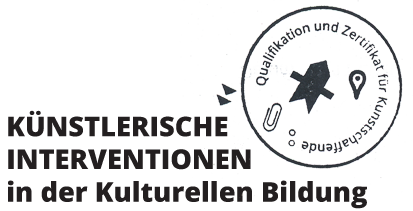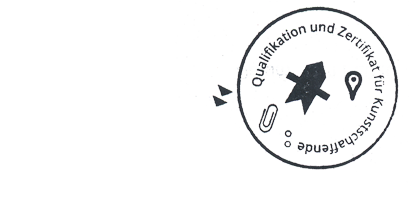


Meriam Bousselmi – Montaigne’s head and Aesop’s tongue
In the Essays, Montaigne asserted that we must make the difference between a well-made head and a well-filled head. This is where all the art of education lies. He indeed subjected the education of his time to virulent criticism, and rejected the education system that produces “donkeys loaded with books”.
Which raises the question of transmission and, more precisely, what has to be transmitted and how? Because according to Montaigne, knowledge according to Montaigne must make us not “more learned” but “better learned”. Isn’t that the whole unteachable lesson by Aesop’s tongue?
Welcome to our Reading and Storytelling Club!
For one hour, you will be invited to participate in acts of unlearning and relearning through questioning the power of literature and theatre as transmission tools of a unique and non-pedagogical knowledge. Together, we will explore the potential of making and sharing different stories about self and others in order to avoid what the Nigerian novelist Chimamanda Ngozi Adichie calls “the danger of a single story”. From fiction to self-fiction, each narrative redefines the boundaries of the world and opens us up to new perceptions of what we call reality.
In her original essay “The Tale-tellers”, the Canadian writer Nancy Huston postulates that human reality is fiction. To be human is to have a story and to tell stories. Fictions are not superfluous. They are a life force.
Each writing/reading of a book or interpretation/performing of a play constitutes an exercise of narrative construction. Consequently, it’s about negotiating freedom, plurality and the right to be different and to have another understanding /perspective on the same thing. The artistic experience is therefore more than an entertainment activity. It is a way of transforming experience into consciousness. It’s an empowerment tool that is able to provoke a self-reflective approach and mental shift. Far from a didactic method incompatible with the undisciplined spirit of art, artistic transmission can only be done on the basis of a dialectical approach.
Giving taste, inspiring and initiating someone to the poetry, beauty and complexity of the world is not a codified and easy task to do. What are the possible learning strategies in this case? Can we base learning on dialogue and collective improvisation?
Join us to find out together how we can extend the territories of imagination and resilience!